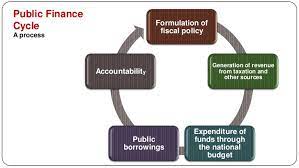
This course is intended to provide a bird’s eye view to the developments in Public Finance and Fiscal Policy at all the levels of Governments viz. Union, State and Local. It traces theories of public finance over the period of time. It discusses inter-governmental fiscal relations among these three levels of governments and the role of institutions including finance commissions. It also focuses on fiscal policy for addressing different phases of business cycle and macro-economic problem.
Finances of the government or public finance have been the subject of perennial concern to scholars and policy makers. Thinkers in ancient times did write on ‘Treasury, Revenue, Accounts and Audit.’ Public finance, a central discipline in economics, has its foundation in the identification that certain wants felt in common by all members of human community cannot be entirely left to the market. National defence is the classic example. After Second World War, the subject has come to special attention primarily due to the huge expansion of the public sector. In India, the public expenditure which was merely nine percent of GDP at the time of independence reached to 25 percent in the 1980s. This questions the sustainability of large public sector as revenue has failed to grow causing deficits in the government budget.
On the completion of the stream the participants will be able to analyze recent economic trends and policies and their relevance in policy making and public administration.
Brief outline
Essential Readings: To be circulated from time to time.
Evaluation: Written test
Two sets of suitable dates for each course between July 2021 to February 2022;
Mid July 2021
Mid September 2021
Modules
Resource Material